Consumers concerned about their health are better informed than ever in 2024. As the importance of well-being increases, we gravitate toward cosmetic items, organic foods, and supplements that claim to improve our health.
However, are these goods as secure as they say? Interestingly, a lot of the most well-liked health products have unstated dangers. Here are 18 possible risks associated with your favorite health items you might not have considered.
Herbal Supplements: Natural Doesn’t Mean Safe
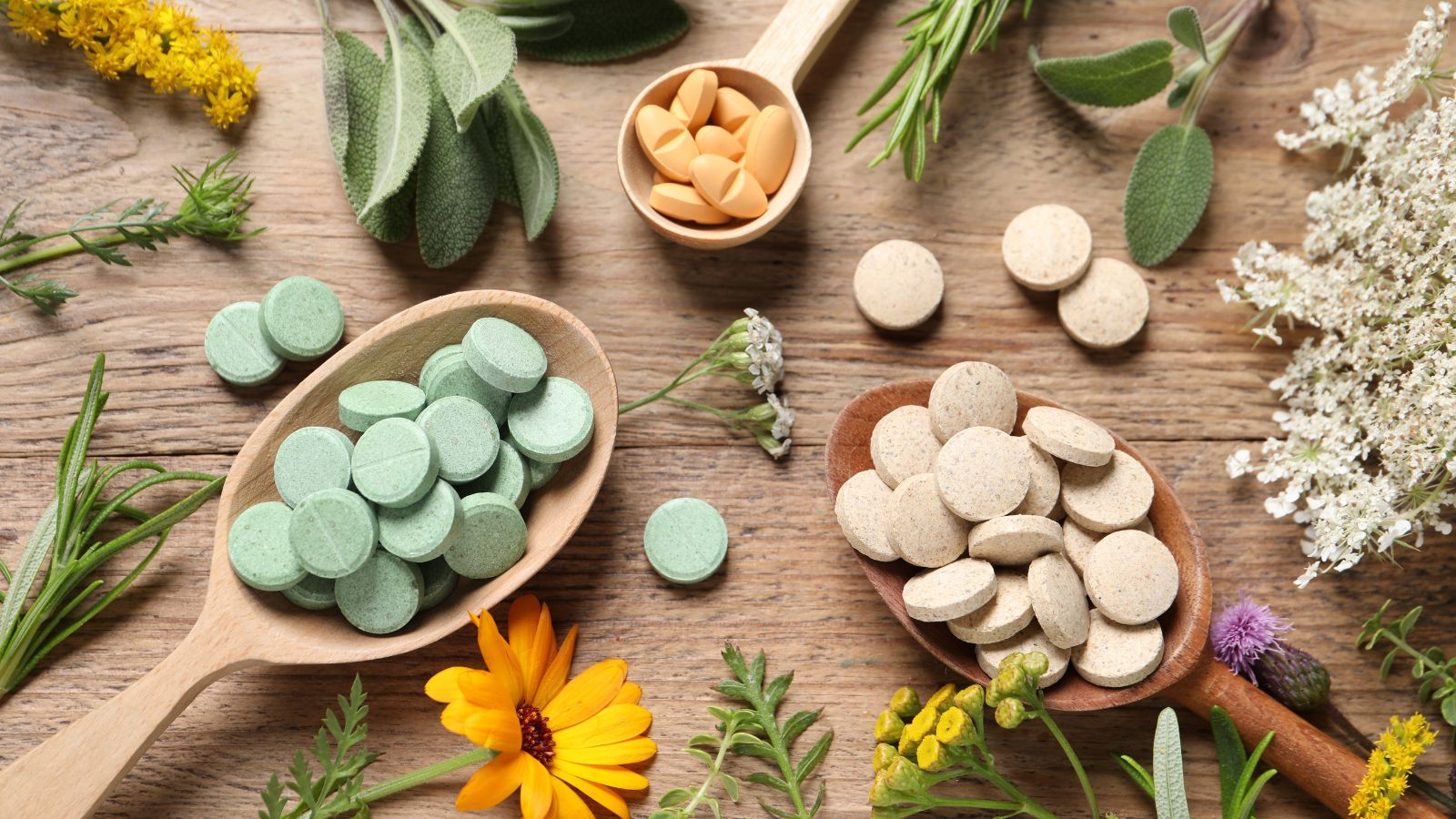
Because of their inherent qualities, herbal supplements such as Echinacea and St. John’s Wort are highly favored. But in 2024, scientists discovered that a lot of these supplements can conflict with prescription drugs. St. John’s Wort, for instance, may seriously decrease the effectiveness of antidepressants and birth control pills.
Protein Powders: Packed with Heavy Metals
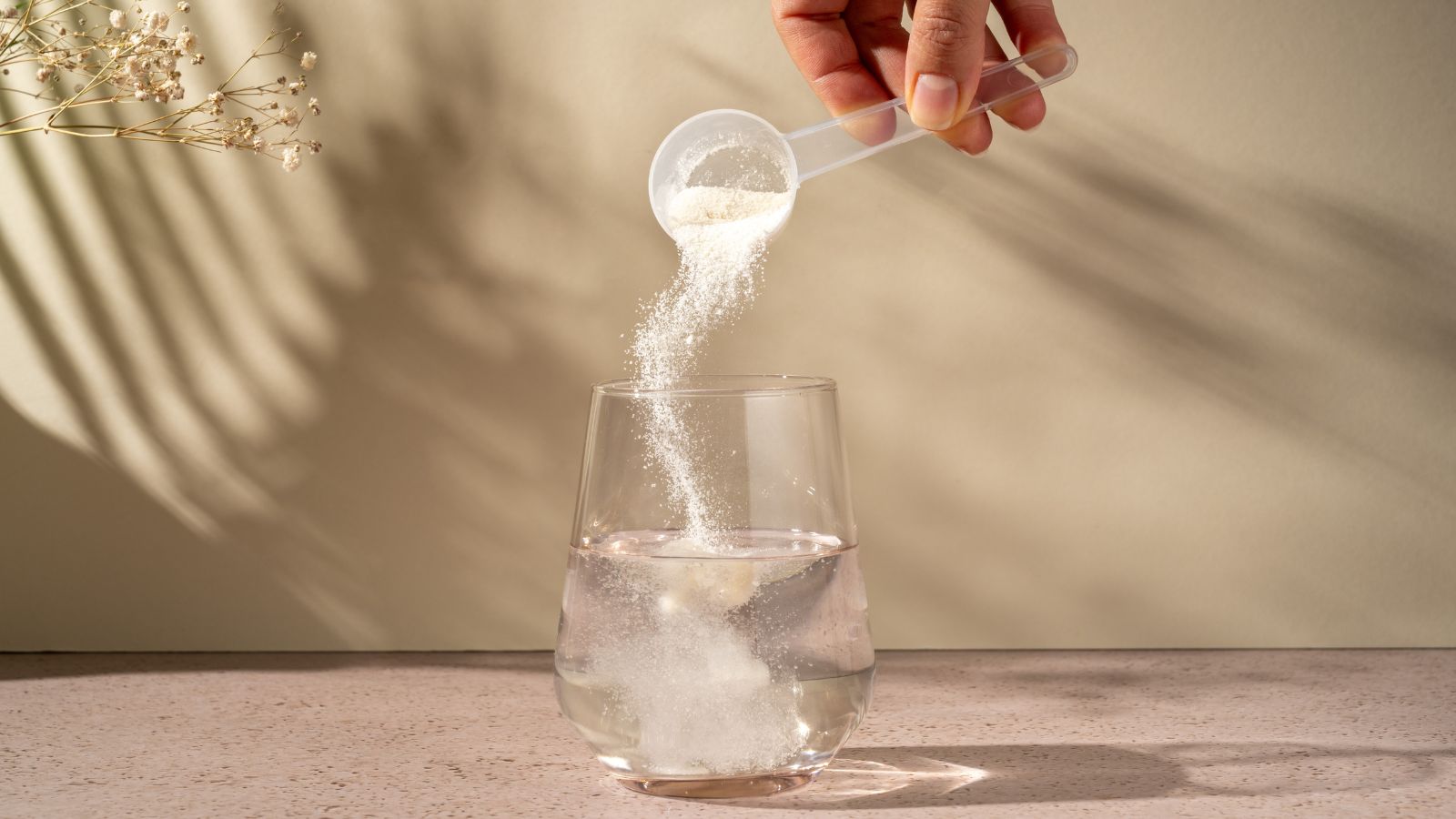
Protein powder is fundamental for many fitness enthusiasts. Recent research has revealed that several protein powders contain hazardous concentrations of heavy metals, such as lead, arsenic, and mercury. Chronic exposure to these pollutants can cause cancer, neurological issues, and kidney impairment.
Essential Oils: Not Always Essential for Your Health
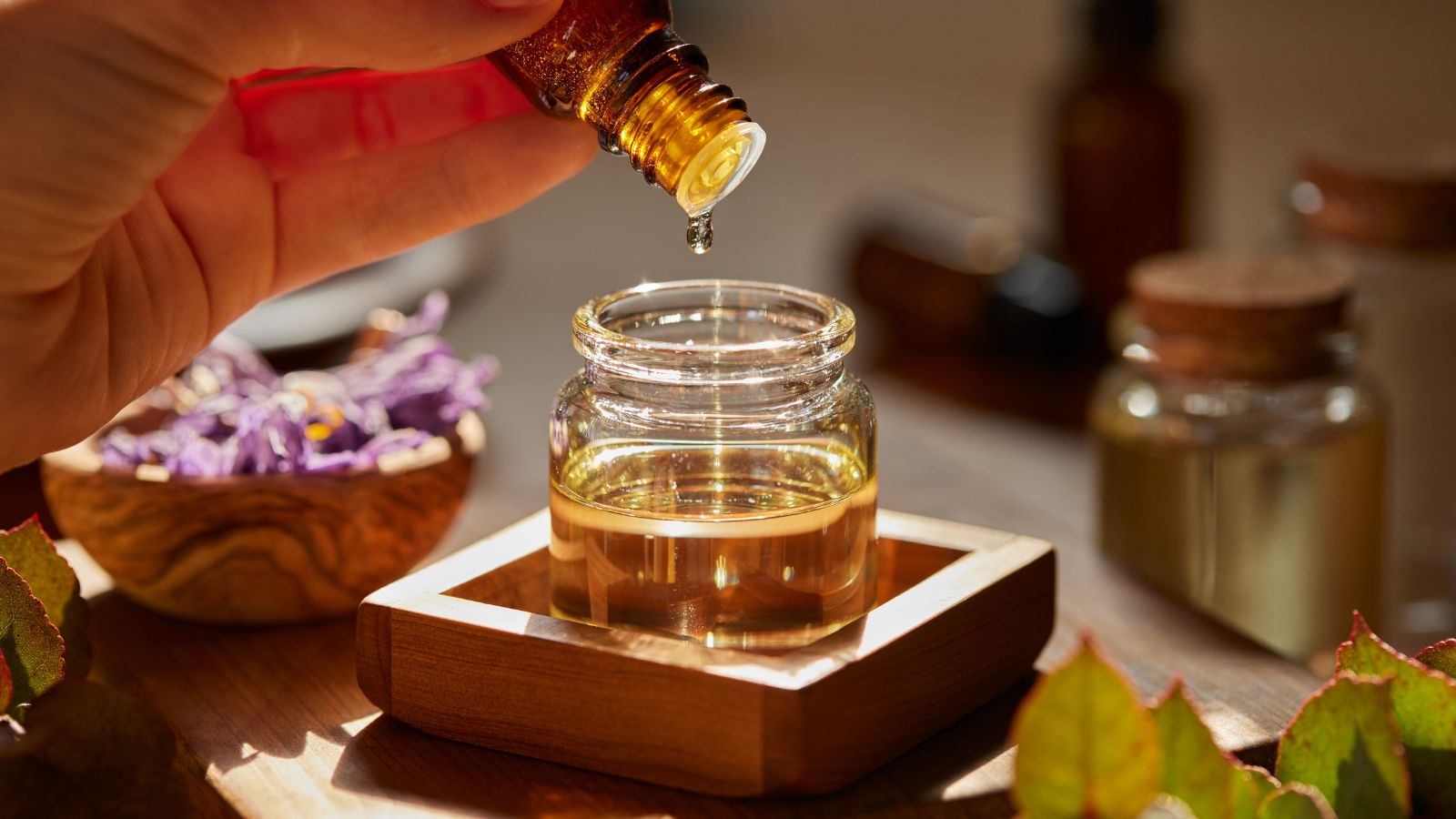
Essential oils are praised for reducing stress and improving memory and thinking. However, if misused, these concentrated oils might be harmful. When essential oils are consumed or applied topically without adequate dilution, skin irritation, allergic responses, and even poisoning may result.
Collagen Supplements: Not Always Pure

Because they promise healthy joints and youthful skin, collagen supplements have become increasingly popular. However, not all collagen comes from ethical sources; many contain pollutants or chemicals like cadmium or lead. Furthermore, some collagen supplies come from animals reared in dubious circumstances, which raises ethical and health issues.
Detox Teas: A Laxative in Disguise

Teas for detoxification are promoted as a straightforward approach to rid your body of impurities. However, the majority of these products are affected by laxatives like senna. Overuse can impair your body’s natural ability to operate by causing electrolyte imbalances, dehydration, and a need for laxatives.
CBD Products: Inconsistent Potency and Purity
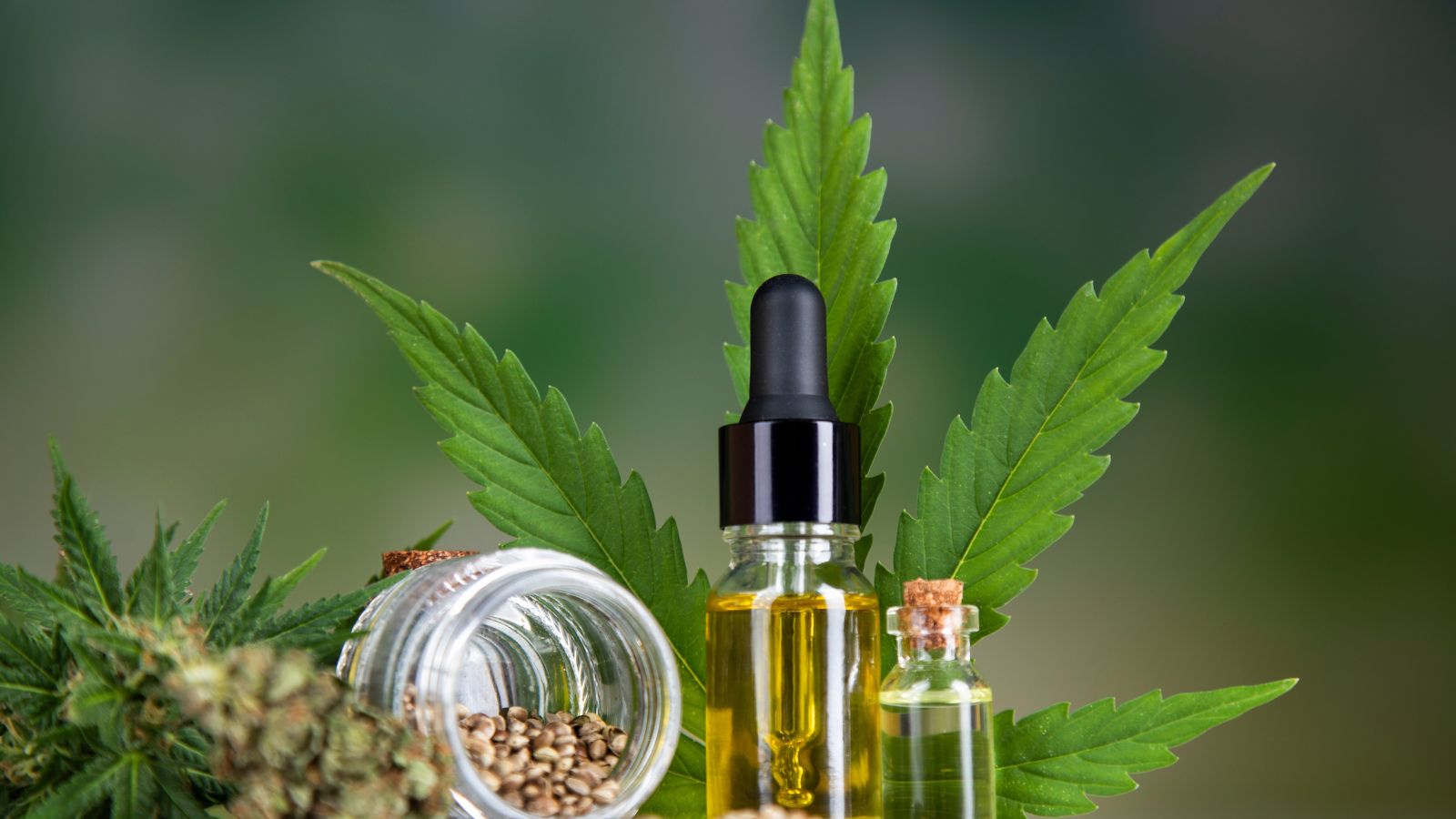
The ability of CBD (cannabidiol) to reduce pain, anxiety, and sleep issues has caused it to become extremely popular. However, many CBD products are labeled inconsistently in 2024 due to the FDA’s lack of oversight. While others might have less CBD than claimed, some can be tainted with pesticides, solvents, or THC, the psychoactive ingredient in marijuana.
Vitamin D: Too Much of a Good Thing
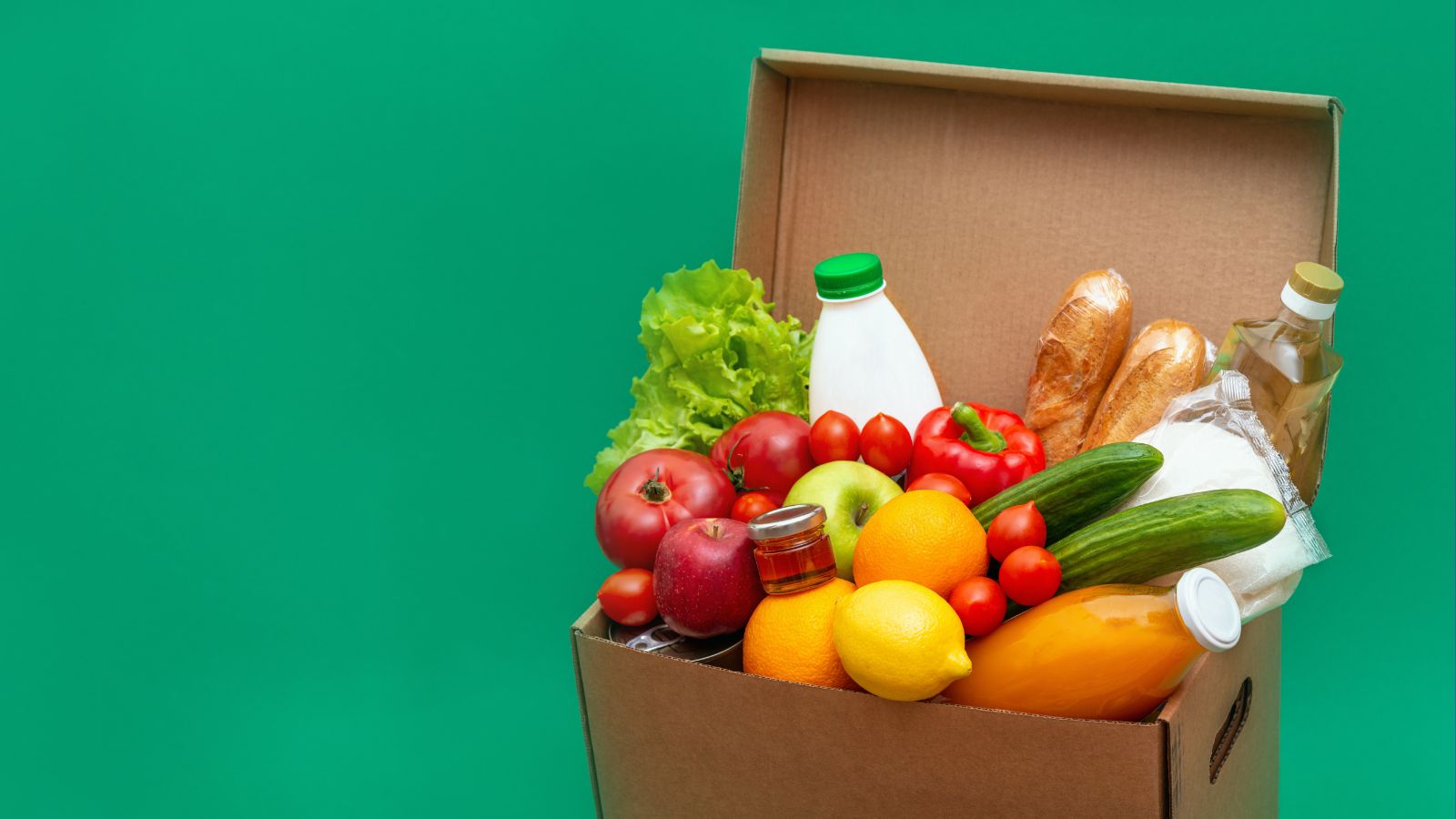
Vitamin D benefits bone health, but many people are unaware that excessive supplementation can cause toxicity. Taking too much Vitamin D can lead to elevated calcium levels in the blood, resulting in nausea, vomiting, kidney stones, and, in severe cases, heart complications.
Organic Foods: Not Always Chemical-Free

A common misconception is that organic food is devoid of chemicals and pesticides. Although synthetic pesticides are prohibited in organic farming, some natural pesticides—some of which can be equally as dangerous as synthetic ones—are still permitted.
Consumers should understand that “organic” is not always safer because manure-related bacterial contamination is still possible.
Probiotics: Gut Health Hype or Hazard?
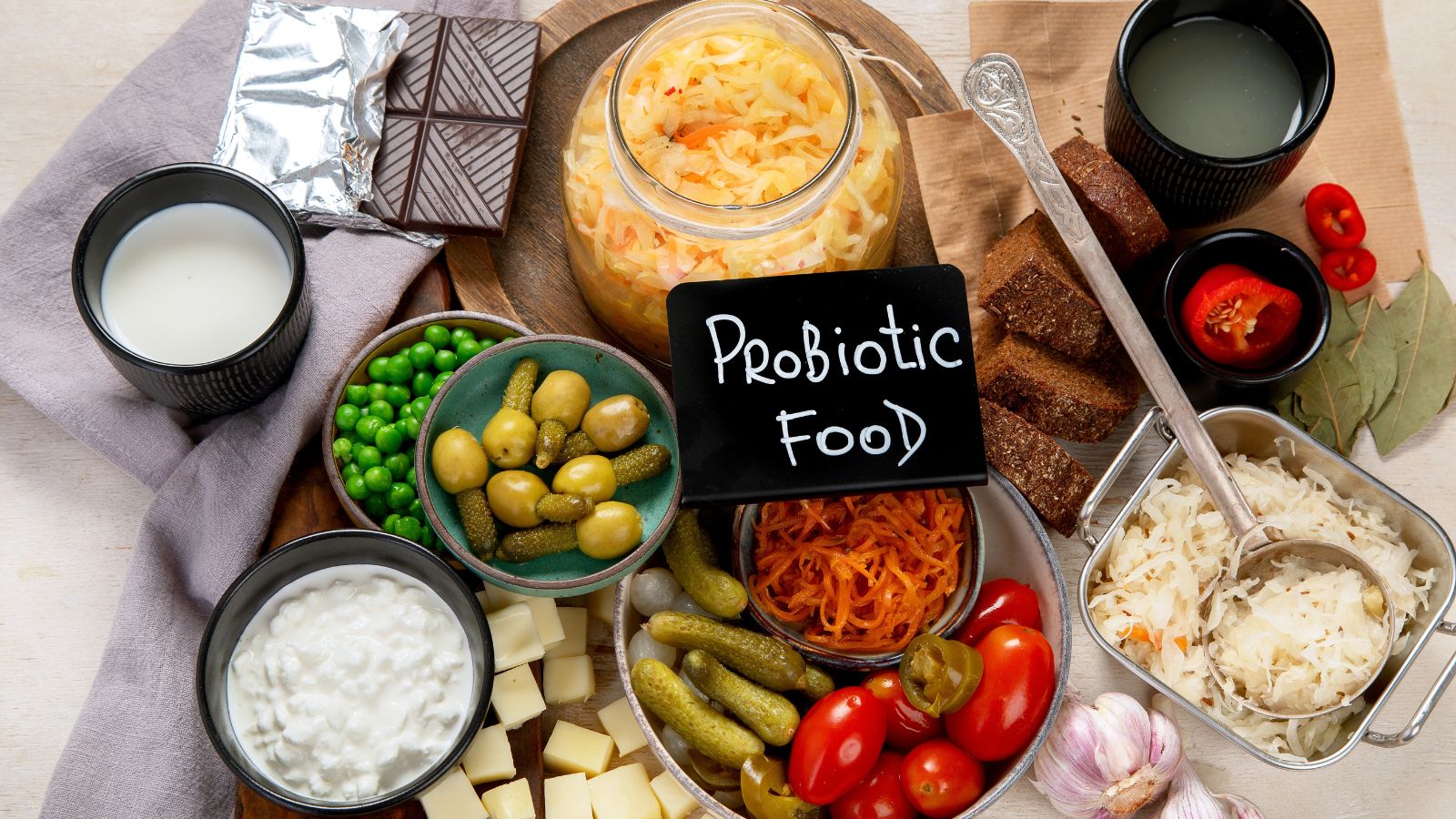
Probiotics are often sold as intestinal health miracles. However, not every probiotic is made equally. Certain strains, especially in people with compromised immune systems, might result in infections, gas, and bloating. Furthermore, multiple probiotic products have unidentified bacterial strains that might not offer the advertised advantages.
Natural Sunscreens: Insufficient UV Protection

Natural sunscreens that use titanium dioxide or zinc oxide have gained popularity due to the movement toward cleaner beauty products. However, compared to their chemical counterparts, some natural sunscreens offer less efficient UV protection.
Inadequate UV protection can increase one’s chance of developing skin cancer, which defeats the purpose of wearing sunscreen in the first place.
Sugar-Free Snacks: Hidden Artificial Sweeteners
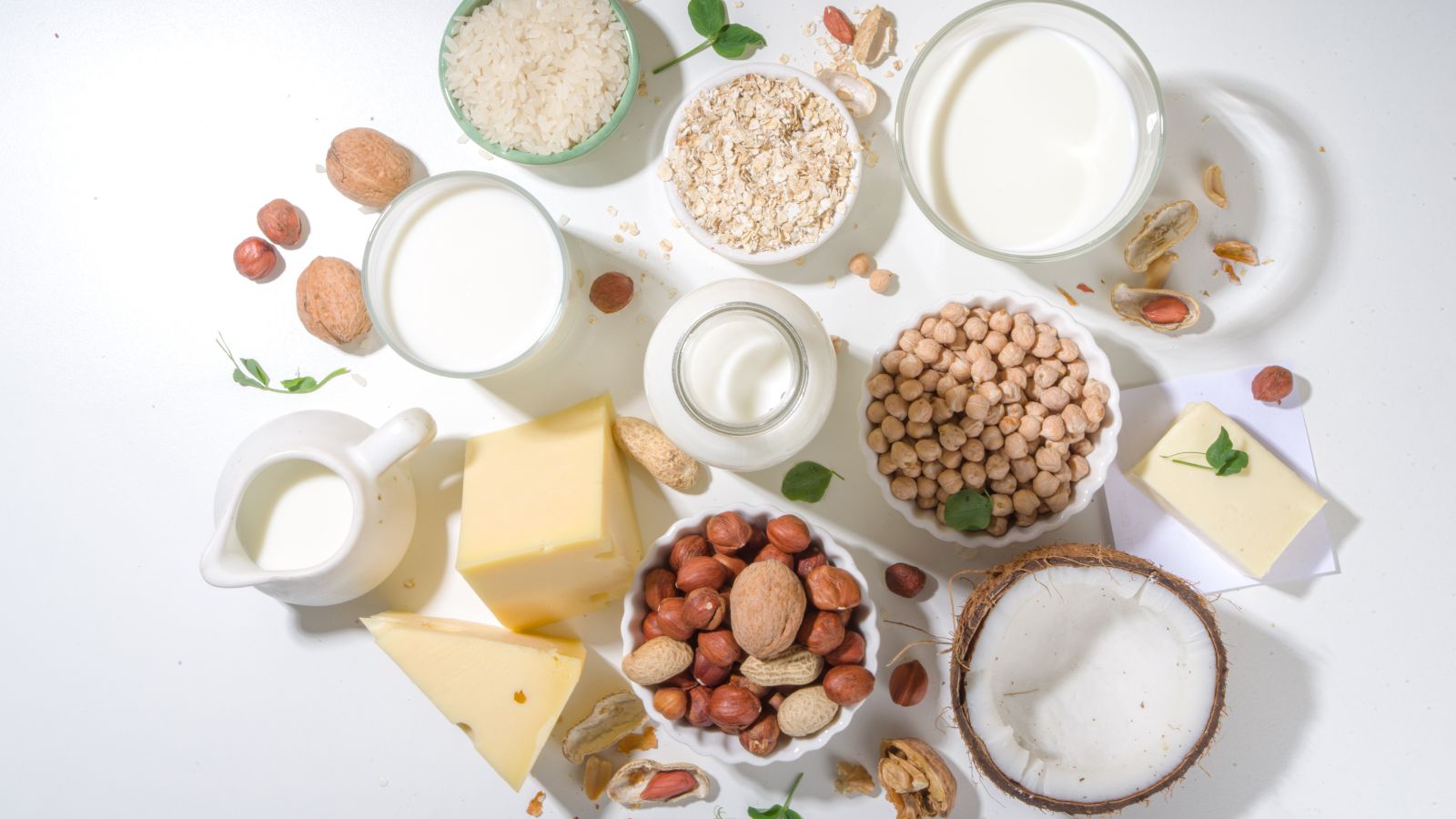
Sugar-free snacks are a popular choice because they are healthier. However, these goods often have artificial sweeteners like sucralose and aspartame. Artificial sweeteners may alter gut flora, cause weight gain, and raise the risk of metabolic diseases, according to some research.
Activated Charcoal Products: Overhyped and Overused
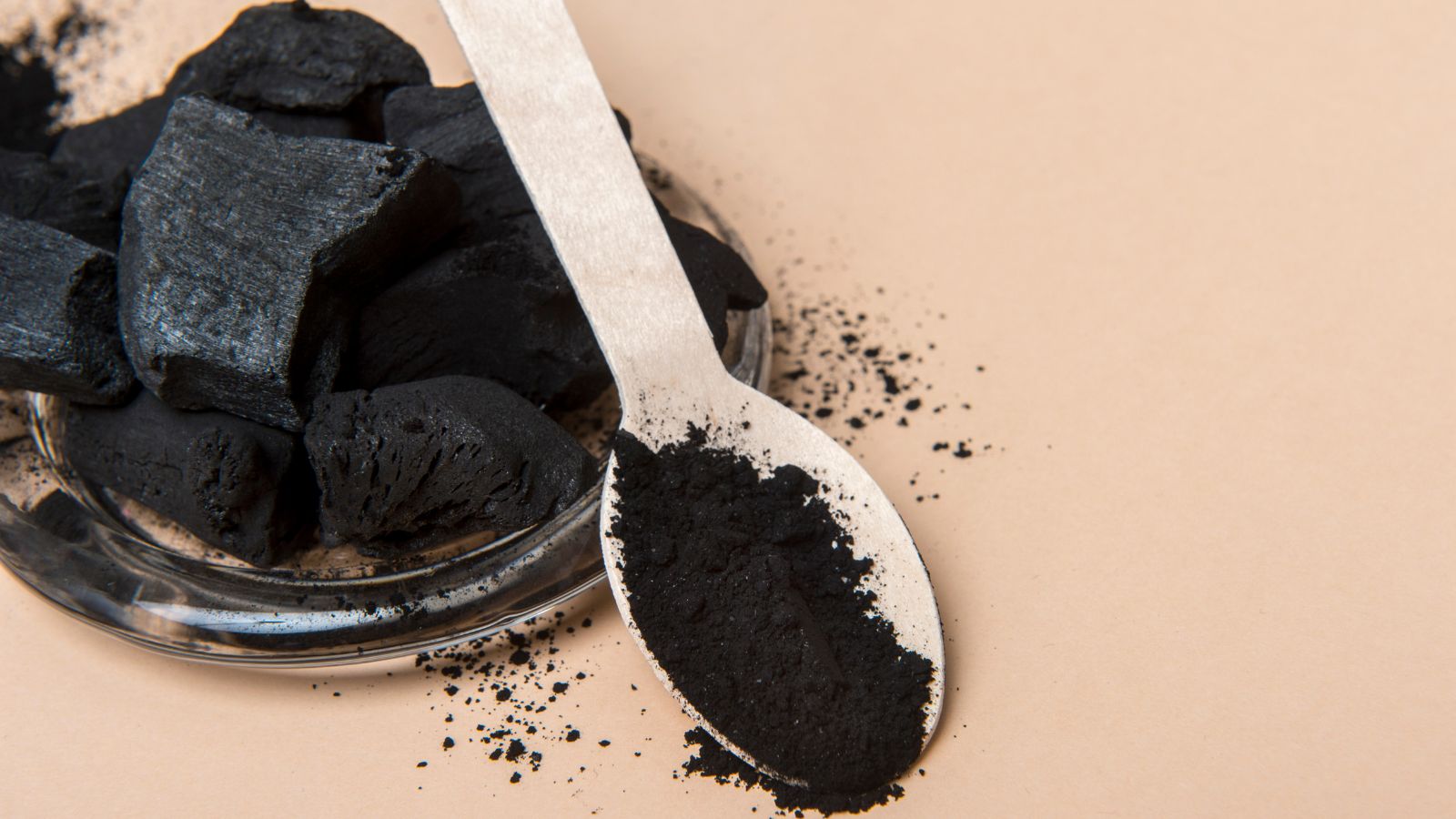
Activated charcoal is mostly found in toothpaste, skincare products, and detox goods. However, experts caution that prolonged use of activated charcoal can be detrimental because it can absorb pollutants, vital minerals, and drugs. Over time, toothpaste’s abrasive texture can potentially destroy tooth enamel.
Weight Loss Pills: Dangerous Stimulants

Weight loss drugs are still a common yet risky remedy in 2024. Stimulants like caffeine and synephrine, which are found in many of these items, can cause anxiety, elevated blood pressure, and palpitations in the heart. Furthermore, some weight-loss drugs contain illegal ingredients that are extremely dangerous to your health.
Multivitamins: Not a Substitute for a Balanced Diet
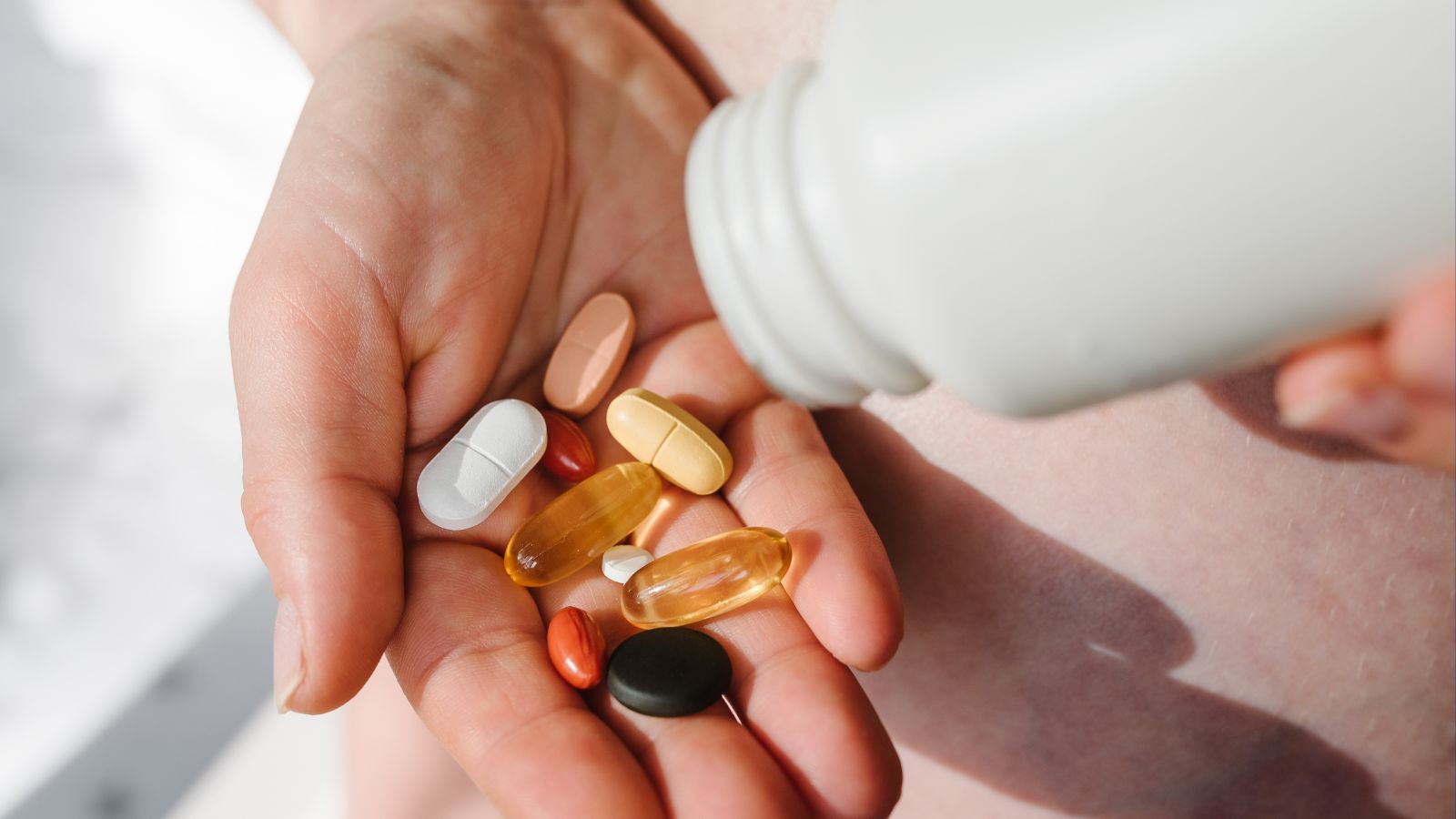
Taking multivitamins could appear like a simple solution to dietary deficiencies. Over-reliance on these supplements, however, may result in an unbalanced nutrient intake that could be more detrimental than beneficial. For example, too much iron or vitamin A might be harmful, particularly if you already get these elements from food.
Plant-Based Meat Alternatives: Ultra-Processed Substances Meat substitutes are becoming increasingly popular as more people switch to plant-based diets. Sadly, many of these goods are heavily processed and include a variety of salts, preservatives, and chemicals.
Consuming highly processed foods, even those derived from plants, can raise the chance of developing chronic illnesses like diabetes and heart disease and cause inflammation.
Antioxidant-Rich Superfoods: Potential for Overconsumption
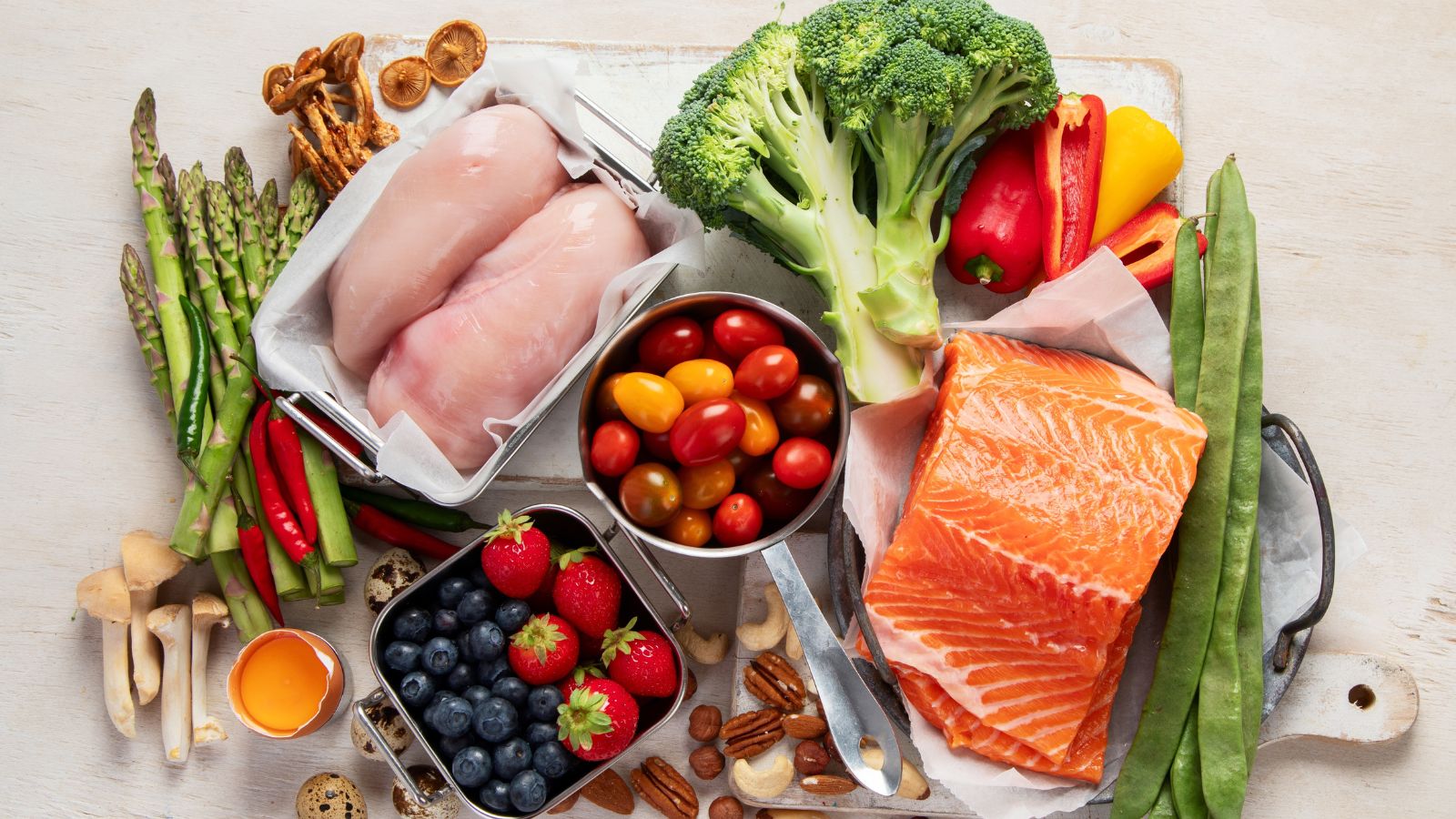
The health advantages of antioxidants, such as those in green tea and blueberries, are well-known. However, taking too many antioxidant supplements or powders can have detrimental effects, including lowering the body’s natural defenses against infections and perhaps raising the risk of developing some types of cancer.
Energy Bars: Packed with Sugar

Energy bars are promoted as a quick and healthful snack choice. However, many of these bars are high in sugar, which disguises them as candy bars. Regular use of these items may result in weight gain, blood sugar increases, and a higher risk of type 2 diabetes.
Nutritional Shakes: Hidden Sugars and Synthetic Ingredients

For people constantly on the go, meal-replacement smoothies are a popular option. However, many shakes have preservatives, artificial flavors, and hidden sugars. Additionally, they could not include the fiber and nutrients that whole foods do, which could make you feel hungry and deprive you of vital nutrients.
Conclusion

Even the most well-liked products can carry ignored risks despite the temptation to trust the health products we purchase. In 2024, it’s important to be an informed consumer about anything from overhyped probiotics to dangerous metals in protein powders. When adding these products to your wellness regimen, always research, speak with medical specialists, and remember that moderation is key.
18 Reasons Why People Are Leaving Florida in Masses

Exploring factors that impact the desirability of living in Florida, this list delves into various challenges shaping residents’ experiences. From environmental concerns like rising sea levels to economic factors such as fluctuating job markets, these issues collectively contribute to a nuanced understanding of the state’s appeal.
18 Reasons Why People Are Leaving Florida in Masses
